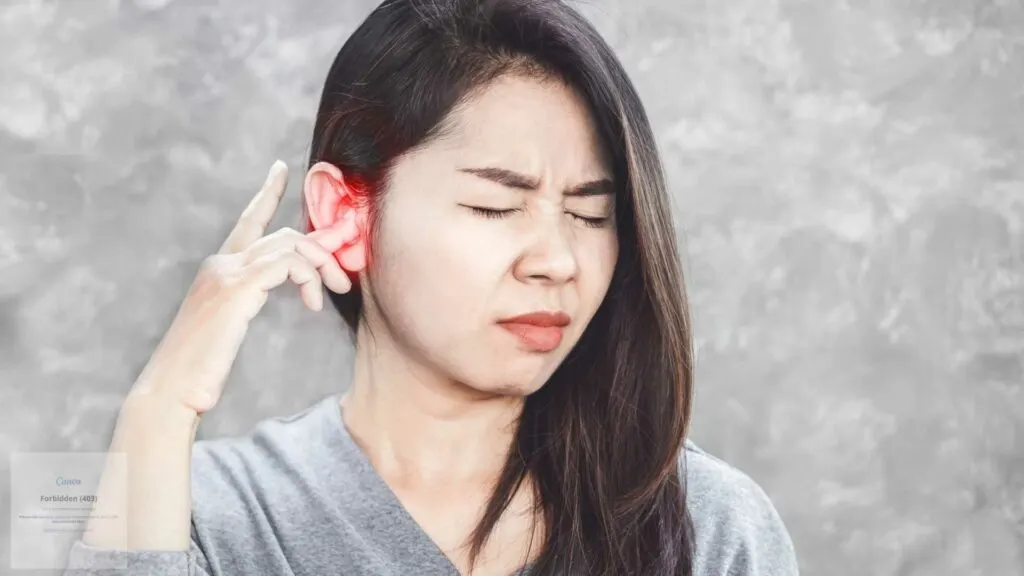Sound therapy is a promising approach to managing and treating tinnitus, a condition characterized by the persistent perception of noise or ringing in the ears that is not caused by an external sound. This treatment leverages the principles of auditory stimulation to potentially alleviate the discomfort associated with tinnitus.

Understanding Tinnitus
Tinnitus affects approximately 15% to 20% of the population and can manifest in various forms, including ringing, buzzing, hissing, or whistling sounds. These sounds can be continuous or intermittent, and their intensity can vary. The impact of tinnitus extends beyond auditory disturbances, often leading to significant emotional and psychological distress.
The Basics of Sound Therapy
Sound therapy for tinnitus involves the use of external sounds to alter the patient’s perception of, or reaction to, the annoying tinnitus sound. This therapy doesn’t necessarily aim to “cure” tinnitus but helps manage the condition by making it less noticeable or less bothersome. The principle behind sound therapy is to use an external noise to “mask” or cover up the tinnitus or to help the brain reclassify tinnitus as an unimportant sound that should be ignored.
Types of Sound Therapy
There are several types of sound therapy, each tailored to the individual’s symptoms and preferences:
- White Noise Machines: These devices produce a continuous, soothing sound, such as static or the sounds of nature (e.g., rain, ocean waves). White noise can help distract the brain from tinnitus sounds, making them less noticeable.
- Notched Music Therapy: This innovative approach involves modifying music by removing sound energy at the frequency of the individual’s tinnitus tone. Listening to this notched music may train the brain to ignore tinnitus sounds.
- Hearing Aids: Often, tinnitus is associated with hearing loss. Hearing aids amplify external sounds, thereby helping mask tinnitus. Some hearing aids come with integrated sound generators that deliver low-level white noise or other sounds to aid in tinnitus management.
- Acoustic Neural Stimulation: This method uses a device to deliver precisely calibrated sound waves designed to desensitize the brain’s auditory system and help it become accustomed to ignoring tinnitus sounds.
How Effective Is Sound Therapy?
The effectiveness of sound therapy can vary based on the type and severity of tinnitus and the individual’s personal health profile. Research shows that sound therapy can significantly reduce the distress and annoyance caused by tinnitus in many patients, although it does not eliminate the condition entirely.
Clinical studies have demonstrated that sound therapy can lead to improvements in overall quality of life and decrease the perceived burden of tinnitus. Patients often report reduced stress and anxiety levels and improved sleep patterns.
Implementing Sound Therapy
Implementing sound therapy typically involves consultation with a healthcare provider specializing in auditory conditions, such as an audiologist. The professional will evaluate the severity and characteristics of the tinnitus to recommend the most suitable type of sound therapy. It might involve the use of specialized equipment or simply modifications to environmental sounds that the patient can implement at home.

Sound Therapy for Tinnitus: How Does It Work and Is It Effective?
While sound therapy offers a non-invasive, safe, and often effective way to manage tinnitus, it’s important for individuals to have realistic expectations. Sound therapy is part of a broader tinnitus management strategy that may also include counseling, lifestyle changes, and education about the condition. For many, sound therapy provides a crucial relief that helps them cope with tinnitus more effectively, enhancing their quality of life and reducing the psychological impact of the condition.

Jessi is the creative mind behind The Coffee Mom, a popular blog that combines parenting advice, travel tips, and a love for all things Disney. As a trusted Disney influencer and passionate storyteller, Jessi’s authentic insights and relatable content resonate with readers worldwide.
